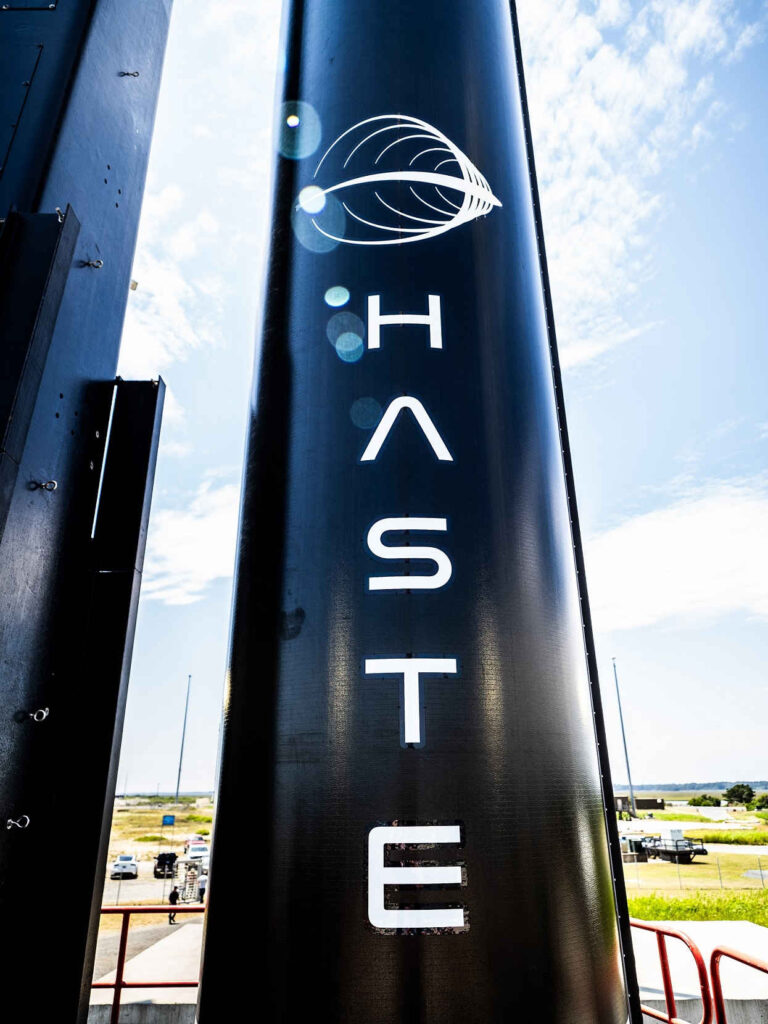
Rocket Lab today announced it has signed a launch services agreement with the US Department of Defense’s Defense Innovation Unit (DIU) for a HASTE (Hypersonic Accelerator Suborbital Test Electron) mission from Rocket Lab Launch Complex 2 in Virginia.
The HASTE mission will deploy a suborbital payload by Australian company Hypersonix called DART AE, a scramjet-powered hypersonic vehicle capable of flying non-ballistic flight patterns at speeds of up to Mach 7 (approx. 8,350 kilometres / 5,320 miles per hour). The mission will launch from Rocket Lab’s dedicated launch site at the Virginia Spaceport Authority’s Mid-Atlantic Regional Spaceport on Wallops Island as early as Q1, 2025. The HyCat mission will demonstrate HASTE’s ‘direct inject’ capability by deploying the Hypersonix payload during ascent, while still within Earth’s atmosphere.
This latest HASTE mission is the seventh suborbital launch contract awarded to Rocket Lab this year, including Rocket Lab’s first HASTE mission launched on 17 June 2023 for Leidos under the Multi-Service Advanced Capability Hypersonic Test Bed (MACH-TB) program. Leidos has since signed on for four more HASTE missions to launch in 2024 and 2025. Another HASTE launch contract was also announced in August 2023 for a confidential customer.
The mission will be operated by Rocket Lab National Security (RLNS), the Company’s wholly owned subsidiary created to serve the unique needs of the U.S. defense and intelligence community and its allies. RLNS, along with Hypersonix, was earlier this year selected by the DIU as a program partner to the DIU’s hypersonic and high-cadence testing (HyCat) project, a program to accelerate potential hypersonic technologies and concepts.
Rocket Lab’s HASTE suborbital launch vehicle is derived from the Company’s Electron rocket but has been modified to support hypersonic payload deployment. By leveraging the heritage of Rocket Lab’s low-cost Electron – the world’s most frequently launched commercial small launch vehicle – HASTE offers true commercial testing capability at a fraction of the cost of current full-scale tests.
Surely will make the world a better place.